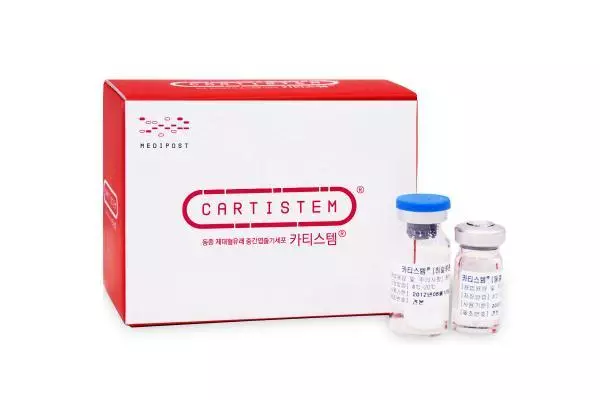MEDIPOST announced on the 6th of the month that the Phase 2a clinical trial of NEUROSTEM® for the treatment of Alzheimer’s Disease has been completed.
NEUROSTEM® is designed to treat patients with Alzheimer’s Disease and uses mesenchymal stem cells from umbilical cord blood.
NEUROSTEM® aims to treat diseases by inhibiting the apoptosis (cell death) of neurons through actions such as reducing the amyloid beta and inhibiting the hyperphosphorylation of tau protein.
The clinical trial has been conducted at Samsung Medical Center since 2014 and the safety and exploratory efficacy of 46 patients divided into 10 patients at Stage I and 36 patients at Stage II were evaluated.
The administration method was established via a medical device tube (Ommaya Reservoir) inserted into the patient’s head, delivering the cells directly to the ventricles in the brain and was administered three times at monthly intervals.
Alzheimer’s Disease, a typical form of dementia, is a serious disease in which the patients’ memory, language, perception and emotional control abilities are severely degraded to the point where the patient is unable to maintain a normal life. Currently, there are no effective treatment options available worldwide.
According to the Central Dementia Center, the number of patients with dementia in Korea stands at 750,000 in 2018, of which about 72.5% are suffering from Alzheimer’s-type of dementia.
A MEDIPOST official said, “NEUROSTEM® is expected to highlight the new possibility of treating Alzheimer’s Disease because it works through a complex multi-factorial mechanisms of action, unlike most of other drugs currently being developed. We will continue to discuss the next steps with the regulatory authority as the clinical trial outcomes are revealed.”
The clinical trial of NEUROSTEM® has been partially supported by the Ministry of Health and Welfare through the Stem Cells and Regenerative Medicine Consortium Project Grant.





